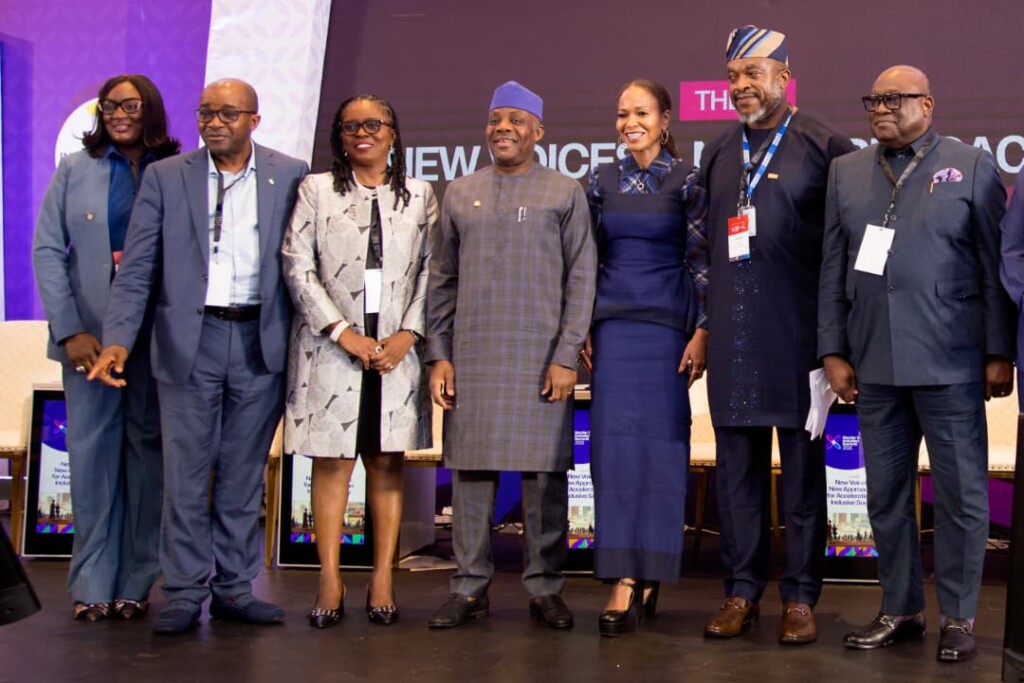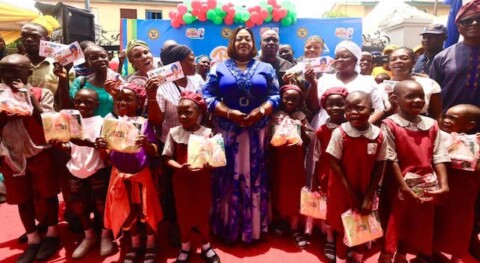The Minister of Education, Olatunji Alausa, has assured Nigerians that the Federal Government will prevent strikes by the Academic Staff Union of Universities (ASUU) from disrupting academic activities, stressing that students will remain in school.
Speaking on the sidelines of the Gender Inclusion Summit organised by the Policy Innovation Centre in Abuja on Wednesday, Alausa dismissed fears of industrial action, noting that the government is engaging with ASUU and other trade unions with “the highest level of mutual respect.”
“We will keep our children in school,” he declared, adding, “ASUU will not go on strike. This is a responsible government, and we will ensure that our children remain in school.”
His comments come amid ongoing negotiations over the unresolved 2009 ASUU-FGN Agreement, which covers issues such as university revitalisation, sustainable funding, outstanding salary arrears of 25–35 per cent, unremitted third-party deductions, stalled promotions, and alleged victimisation of union members.
The minister also highlighted ongoing reforms in the education sector, including the transition of the West African Examinations Council (WAEC) and National Examinations Council (NECO) to computer-based testing (CBT).
According to him, the move is aimed at reducing examination malpractice and improving academic standards.
“Examination malpractice discourages hardworking students,” he explained. “That’s why we moved quickly to implement CBT in WAEC and NECO. By November this year, WAEC’s objective papers will be CBT while essay sections remain paper-based. From next year, both objective and essay sections will be fully CBT.”
He added that measures are being put in place to integrate underserved communities and children with disabilities into the new system, including transporting students from areas lacking infrastructure to designated CBT centres.
At the same summit, the Minister of Women Affairs, Hajia Imaan Sulaiman-Ibrahim, underscored the growing influence of women in Nigeria’s leadership and financial sectors.
She revealed that women now lead over 40 per cent of Nigeria’s key commercial banks, while female executives hold about 22 per cent of leadership roles nationwide — higher than the global average of 20 per cent.
Citing a World Bank study, she stressed that closing Nigeria’s gender gap in labour force participation could add as much as $229bn to the nation’s GDP by 2030.
Sulaiman-Ibrahim also highlighted progress at the state level. In Adamawa, women are now legally allowed to inherit land and participate in traditional council decisions, with a special court established in Yola to address early child marriage cases. She added that women now occupy all 21 vice-chairperson positions across Adamawa’s local councils, surpassing the 35 per cent affirmative action benchmark.
“In Niger State, all local government vice-chairmanship positions are reserved for women, while Rivers State recently recorded the election of a 19-year-old girl as councillor, symbolising a new generation of female leaders,” she said.
The summit, themed “New Voices and New Approaches for Accelerating an Inclusive Society,” brought together stakeholders to chart pathways for deeper gender inclusion and systemic reforms in Nigeria.





